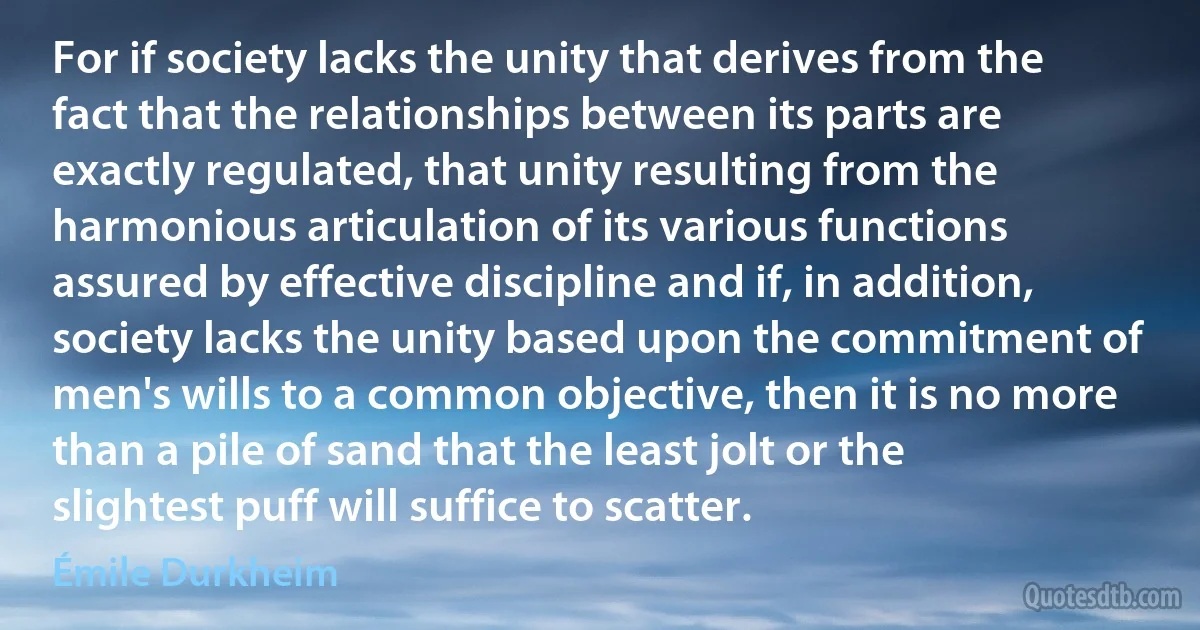Commitment Quotes - page 9
This Don Giovanni had heat, passion and total commitment from everyone involved under dynamic, dramatic direction of conductor Metodi Matakiev. The Don was Lithuanian baritone Vytautas Juozapaitis, a highly physical, Douglas Fairbanks / Errol Flynn kind of Don. Tall, dark, quite handsome, a really sexy beast possessed of a bronze colored voice of power and some suavity, completely at ease on stage, and finally a Don who actually ENJOYS to the hilt the life of a promiscuous hedonist. He was close to irresistible.

Vytautas Juozapaitis
Renunciation is not about pushing something away, it is about letting go. It's facing the fact that certain things cause us pain, and they cause other people pain. Renunciation is a commitment to let go of things that create suffering. It is the intention to stop hurting ourselves and others.

Noah Levine
The Machine Age's commitment to cause and effect was the source of many dilemmas, including the one involving free will. At the turn of the century the American philosopher E. A. Singer, Jr., showed that science had, in effect, been cheating. It was using two different relationships but calling both cause and effect. He pointed out, for example, that acorns do not cause oaks because they are not sufficient, even though they are necessary, for oaks. An acorn thrown into the ocean, or planted in the desert or an Arctic ice cap does not yield an oak. To call the relationship between an acorn and an oak ‘probabilistic' or ‘non deterministic causality,' as many scientists did, was cheating because it is not possible to have a probability other than 1.0 associated with a cause; a cause completely determines its effect. Therefore, Singer chose to call this relationship ‘producer-product' and to differentiate it from cause-effect.

Russell L. Ackoff
The commitment I have made is terrible and the plastic means appear and disappear at the moment of implementation. It's terrible... And the chaos of will? What law? It's terrible... Then I struggle with sculpture: I work, work and work and I don't know what I give. Is it interior? Is it exterior? Is it sensation? Is it delirium? Is it brain? Analysis? Synthesis? I don't know what the f... it is! Forms on forms.. confusion... The Cubists are wrong. Picasso is wrong. The academics are wrong. We're all a bunch of d.. heads.

Umberto Boccioni
I'm not sure there can be loving without commitment, although commitment takes all kinds and forms, and there can be commitment for the moment as well as commitment for all time. The kind that is essential for loving marriages-- and love affairs, as well-- is a commitment to preserving the essential quality of your partner's soul, adding to them rather than taking away.

Merle Shain
The teacher offers guidance here and there, but the primary factor, the driving force, in your relationship and work together is the student's own commitment and desire to learn. Teaching is like sailing: The wind and the sails give the boat its motion. Your role (as a teacher) is to steer and guide.

Yehudi Menuhin
In a statesman's transactions there are many things which cannot be communicated otherwise than by manner without inconvenient commitment or controversy; and that will be the most serviceable manner which can be expressive or inexpressive at pleasure, and be used as a dark lantern to his meanings.

Henry Taylor
Comprehension is neither an arbitrary act nor a passive experience, but a responsible act claiming universal validity. Such knowing is indeed objective in the sense of establishing contact with a hidden reality; a contact that is defined as the condition for anticipating an indeterminate range of yet unknown (and perhaps yet inconceivable) true implications. It seems reasonable to describe this fusion of the personal and the objective as Personal Knowledge. Personal knowledge is an intellectual commitment, and as such inherently hazardous. Only affirmations that could be false can be said to convey objective knowledge of this kind.

Michael Polanyi
From our best qualities come our worst. From our urge to pull together comes our tendency to tear each other apart. From our devotion to a higher good comes our propensity to the foulest atrocities. From our commitment to ideals comes our excuse to hate. Since the beginning of history, we have been blinded by evil's ability to don a selfless disguise. We have failed to see that our finest qualities often lead us to the actions we most abhor, murder, torture, genocide and war.

Howard Bloom
To defend painting: One has to believe in what one is doing, one has to commit oneself inwardly, in order to do painting. Once obsessed, one ultimately carries it to the point of believing that one might change human beings through painting. But if one lacks this passionate commitment, there is nothing left to do. Then it is best to leave it alone. For basically painting is pure idiocy.

Gerhard Richter
The history of our great state is rich and deep, and our commitment to freedom and justice has always been our strength. ... In our hearts, Marylanders are hard-wired for inclusiveness. It's who we are, it's our founding principle, it's part of our identity, and it is our greatest strength.

Larry Hogan
I don't believe in the institution of marriage, for me. If you love somebody and have a commitment that is strong and spiritual, then I just don't think a piece of paper makes any difference. I'm part of that whole school of thought that says when homosexuals can get married, maybe I'll start opening my mind to it.

Eva Mendes
Somewhere in Time, while it errs on the side of pretentiousness, is an absolutely honest attempt to create an old-fashioned romance. It's based on love rather than on sex or X-rated bedroom scenes. I don't know how to talk about a love story without getting all gooey about it, but the script excited me because of the situation of the leading character... His problem struck me as that of many people. They've got everything going for them, or so they say, except for a real commitment, a real love.

Christopher Reeve
I go to Malawi twice a year. It's where two of my children were adopted from, and I have a lot of projects there that I go and check up on and children who I look after. It's sort of a commitment that I've made to this country and the hundreds of thousands of children there who have been orphaned by AIDS.

Madonna (entertainer)



